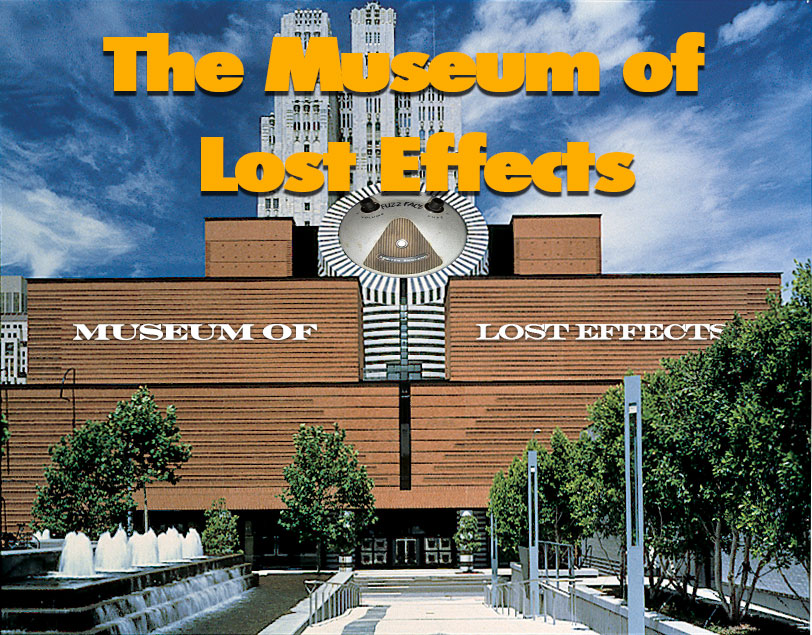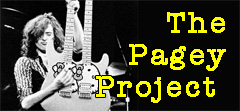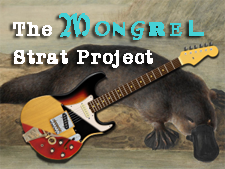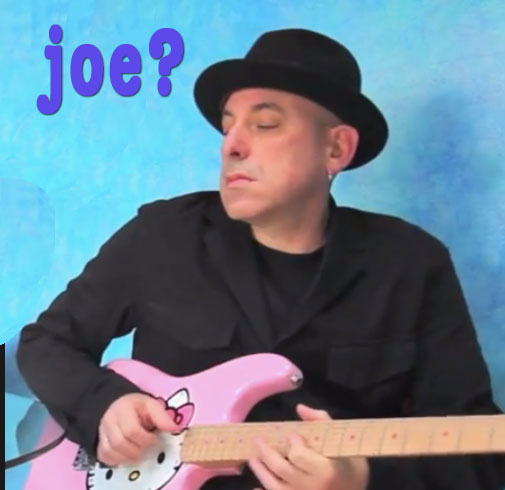I’d never have imagined that I’d get to participate in so many cool music collaborations during Covid lockdown — man, was I fortunate! One of the most exciting developments was being invited to join Another Night on Earth, an international octet of electric guitarist who perform classical music.
A few months ago I posted our first virtual concert. The link includes some info about the incredible musicians I get to work with, ranging from Steve Vai’s favorite contemporary guitarist to the guy who leads the conducting department at Julliard. There’s an old musicians’ saying: You’re lucky when you get to perform with players who are better than you. If it’s true, I am really frickin’ lucky.
Last week we posted our second concert.
This one is a real mixed bag. It starts with a medieval piece that I transcribed for two guitars, which I perform with group founder Heiko Ossig from Hamburg, Germany. Next comes a octatonic-scale workout by Daniele Gottardo, performed with Steven Mackey, who is almost certainly the world’s leading exponent of using electric guitar in contemporary classical music. Finally, all eight of us perform Bill Ryan’s recent composition Simple Lines, originally written for eight cellos.
Assembling complex music remotely has presented challenging technical hurdles, and not just the complexities of trans-continental file management. Unlike most pop music, classical pieces usually aren’t performed to a steady click — tempos breathe freely, and the BPM number can vary bar by bar. We’ve experimented with unusual workflows, sometimes reverse-engineering audio that was recorded in strict tempo. In some cases, conductor David Robertson creates a free-flowing tempo map, which we enter into Logic Pro (our primary DAW of choice) so each of us can perform independently to a free, ever-shifting click.
Speaking of medieval music: I’ve been obsessed with early music since I was a teen. When I was 18 or so, I was certain that I would become a university professor specializing in music from before 1650. Fate decided differently — I wound up playing in rock bands and writing about music. Now, in late middle age, I’m returning to those roots. I have a particular passion for the music of the 14th century, the catastrophic era that included the 100 Years War, the Papal schism, and the worst ravages of the Black Plague. The era’s art music is an extreme as its time. It can be incredibly bizarre, especially the stuff from the end of the century, right before what we call the Renaissance.

Besides being strange in its own right, the era’s music forces us to listen in new ways. This was a time before chords. I’m not talking about monophonic Gregorian chant, which evolved centuries earlier. This is intensely polyphonic/contrapuntal music, with multiple lines weaving in and around each other. But there’s nothing like the chordal “skeleton” that underlies almost all music from subsequent centuries. And OMG, the rhythms! It would be 400 years before classical composers created rhythms of equal complexity.
Listening to this literature forces us to hear all music in new ways. It brings to mind the title of Barbara Tuchmann’s epic history of the 14th century: A Distant Mirror. When we turn back the musical clock by 500 years or more, we perceive some aspects that feel timeless and contemporary, testimony to our common humanity. (That’s the “mirror” part.) At the same time, it’s so alien and unknowable that it could have come from Mars. (That’s the “distant” part.) By the way, A Distant Mirror is a spellbinding page-turner, even if you don’t have a particular interest in history or the late Middle Ages. I can’t recommend it more highly.
I’m currently making an album featuring modernistic interpretations of this radical music. I’m not going for maximum historical accuracy the way I did when I was young. I want to capture both “distant” and “mirror.” It’s been a slow, experimental process with many dead ends and false starts. So many seemingly good ideas turned out to be cheesy in practice! But I’ve been making major headway recently, and I hope to have an album to share before the end of the year. (And that, by the way, is one of my main excuses for posting relatively few new YouTube videos over the last year.)








I just left a comment on your last video: it would be great to hear Fumeux fume par fume, the piece written by Solage arranged for guitars. The harmonies in that piece are incredible.
Big thumbs up for Tuchmann’s “A Distant Mirror”! And for life in general. And in particular.
Thanks for opening yet another window for me, Joe. The mention of complex rhythms in medieval music was unexpected and made me sit up. I’ll keep an ear out for it in your coming forays, and have Distant Mirror on order.
Weird side note – we may have been at some of the same X shows in the bay area ca 79-81.
K